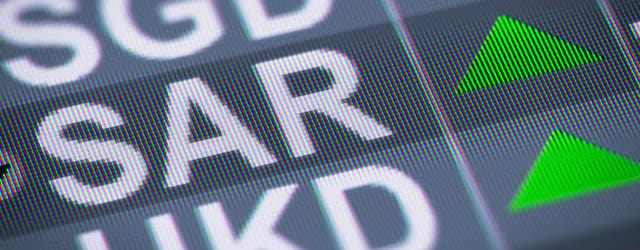When the Saudi Arabian stock market, or the Tadawul as it is known, opens to direct investment by qualified foreign institutions for the first time on June 15, it will begin a transformation of the biggest bourse in the Middle East.

With a market cap of $535 billion, the Tadawul is larger than the stock markets in Mexico, Indonesia, Malaysia and Russia. However, the majority of trading is conducted by individual investors. Opening the market up to foreign institutions with at least $5 billion each in assets under management is a first step toward more-developed markets where institutional traders are in the majority.
The evolution of the Tadawul into an exchange where institutions play a bigger role is a major step in the development of capital markets in the region. At first, however, foreign investors will be limited to a maximum of 10% of the aggregate stock market value of all listed companies.
Although foreign investors are likely to react to oil price movements, the Saudi market is not just about oil. “In fact, not a single oil company is listed on the Tadawul,” says Jan Dehn, head of research at Ashmore Investment Management, which is focused on emerging markets investment. “Petrochemical businesses have some correlation with oil, but they are exceptionally profitable, given their access to low feedstock [raw material] costs, and offer less-volatile earnings streams than other chemical businesses in other markets,” Dehn says. Banks are also attractive, with the Saudi riyal’s peg to the dollar making them beneficiaries of rising rates, he says.
Given the size and depth of its market, Ashmore expects Saudi Arabia to be included in the main emerging markets benchmark indexes by mid-2017. The process of opening up the market should also be accompanied by increased transparency from administrative bodies, through the availability of consistent macro-level economic information, according to Jadwa Investment in Riyadh. Institutions tend to have longer investment horizons than retail investors, Jadwa states.



